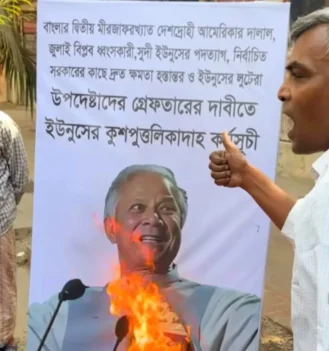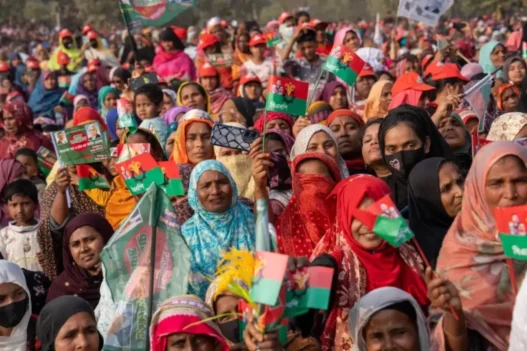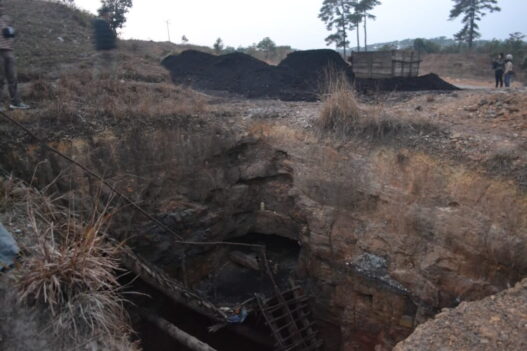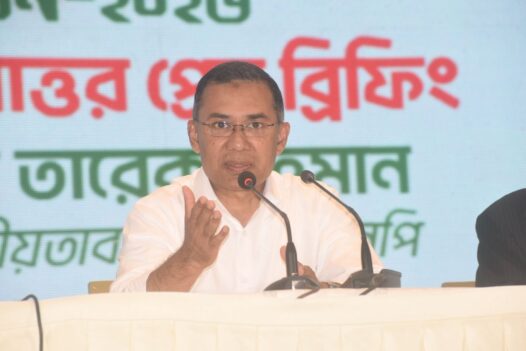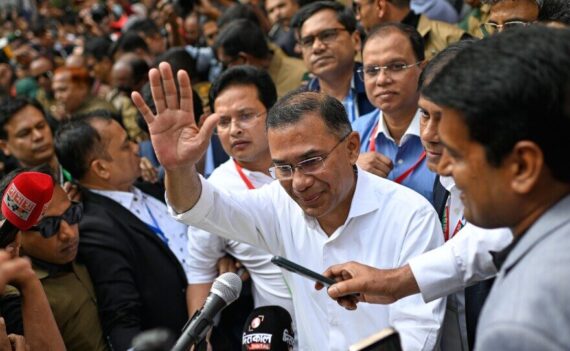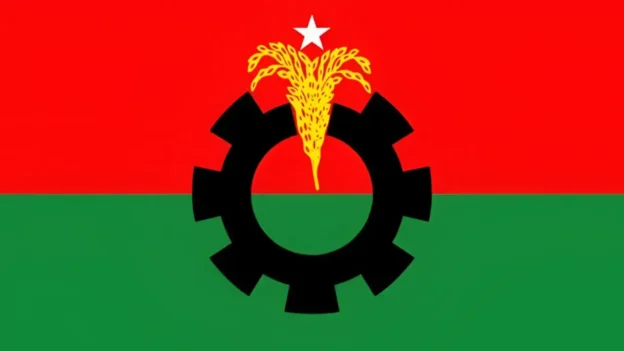The recent explosive remarks made by Lt. Gen. PC Nair (Retired), former Director General of Assam Rifles, have unearthed the underlying conflicts between central forces and the Manipur state authorities amid the ongoing ethnic violence. In a detailed interview, Nair didn’t hold back, stating that the Manipur police were divided by ethnic loyalties during the violence, referring to them as “Meitei Police” and “Kuki Police,” depending on the areas they operated in. His assertion highlighted the stark reality that the police forces had fractured along ethnic lines, an issue that has worsened since the start of the unrest.
In the same interview, Nair refuted claims regarding the use of drones in recent violence. He clarified that what was being referred to as advanced weaponry, such as rockets, was in fact traditional in the region, specifically mentioning the use of the homemade ‘Pumpi gun’. He also drew comparisons to Myanmar, where anti-junta insurgents have used swarm drones to bomb military camps. According to him, similar traditional practices have been adopted in Manipur’s recent violence, citing the Moirang incident as an example. Despite this, the media and some civil society groups have painted a picture of advanced weaponry being deployed, with central forces failing to respond adequately.
Lt. Gen. Nair’s extensive background in counter-insurgency operations lends weight to his observations, particularly regarding the security forces’ limitations in the region. His skepticism about drones reflects his understanding of the complex border security challenges faced by Assam Rifles. His remarks, however, have not been well received by all. The Manipur Police held a press conference following his interview, where IG (Operations) IK Muivah vehemently denied Nair’s assertions, calling them a reflection of a “myopic mindset.” Muivah, addressing the media, emphasized that the Manipur police are composed of members from all communities – Meitei, Kuki, Naga, and others – and rejected any suggestion that the force was ethnically divided. He expressed disappointment, stating, “We don’t take such comments lightly. We are disappointed with him over his bias.”
These comments from both sides have further fuelled the tensions between Assam Rifles and Manipur state authorities. The demand for the withdrawal of Assam Rifles from the state has gained momentum, particularly among Meitei civil society groups, who argue that the state police should be handed full responsibility for managing the situation. Chief Minister N. Biren Singh has echoed this sentiment, appealing to the central government to withdraw the central forces and allow the state authorities to take charge.
Lt. Gen. Nair, however, underscored the importance of collaboration between the state police and central forces in managing internal security crises. He pointed to the example of Jammu and Kashmir, where successes in counter-insurgency operations were largely due to the strong partnership between the army, Rashtriya Rifles, and local police. He argued that in Manipur, the lack of local police support had severely hindered the ability of Assam Rifles to maintain peace and order.
The situation in Manipur remains precarious, with the ongoing ethnic violence further exacerbating the region’s humanitarian crisis. The deep-seated distrust between the central and state forces continues to complicate efforts to restore normalcy. Both Assam Rifles and the Manipur Police must work together, despite their differences, to ensure that peace is restored. Transparent communication and addressing the biases and frustrations on both sides are essential in resolving this crisis and preventing further escalation. The enduring conflict, now over 18 months old, threatens to push the region deeper into turmoil unless both forces can find a way to collaborate effectively.


